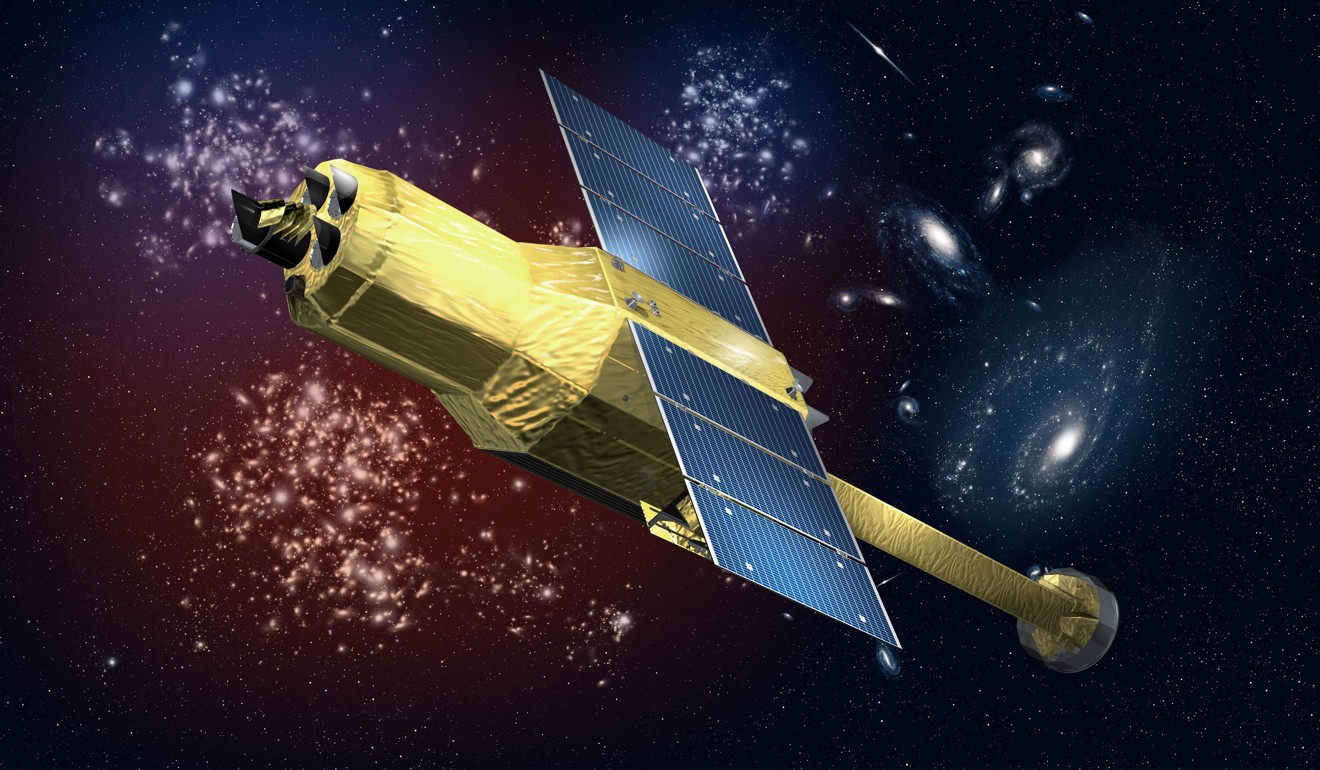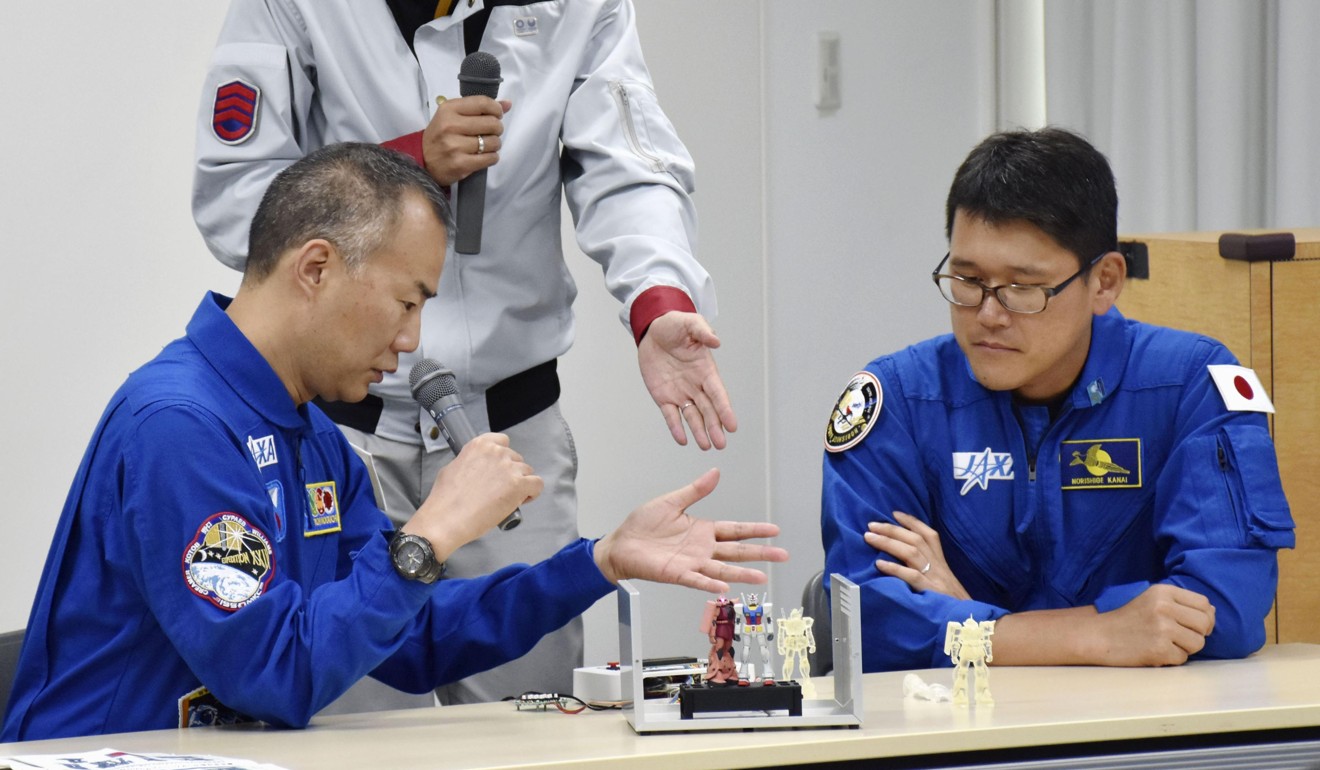
Japan’s Shinzo Abe wants a ‘space self-defence force’ to protect the country’s satellites
- The PM broached the idea of extending the country’s militaristic reach to outer space at an annual gathering of top brass in Tokyo
- It comes amid an intensifying race among world powers such as the US, Russia and China to develop technologies in the domain
Referring to the planned launch of a space operation unit inside the ASDF in 2020, Abe said at an annual gathering of some 180 high-ranking SDF officers at the Defence Ministry it is “not a pipe dream” for Japan to have such combined forces.

The new troops will be tasked with monitoring radio interference, space debris and other countries’ satellites that can pose threats to Japanese surveillance satellites orbiting Earth. They are initially expected to be staffed with about 70 personnel.

The ministry has asked for 52.4 billion yen (US$484 million) from the next budget to strengthen its outer space capability, including the establishment of the space operation unit.
He refrained, however, from referring to his long-cherished goal of amending Japan’s post-war constitution to clarify the legal status of the SDF in the war-renouncing Article 9.

Abe has called for adding an explicit reference to the SDF in the constitution so that there is no room to view Japan’s troops as “unconstitutional”. The article currently bans the possession of military forces and anything that has “war potential”.
New Defence Minister Taro Kono, who assumed the post in a cabinet reshuffle last Wednesday, also attended the gathering.

In September last year, Abe indirectly showed his eagerness to revise the supreme law in a speech to the SDF’s top brass, vowing to create “an environment where all SDF personnel can fulfil their duties with great pride”.
His inclination towards constitutional revision suggested in the speech was later criticised by opposition forces, who said it was “in breach of [his] legal obligation to respect and uphold the constitution”.

